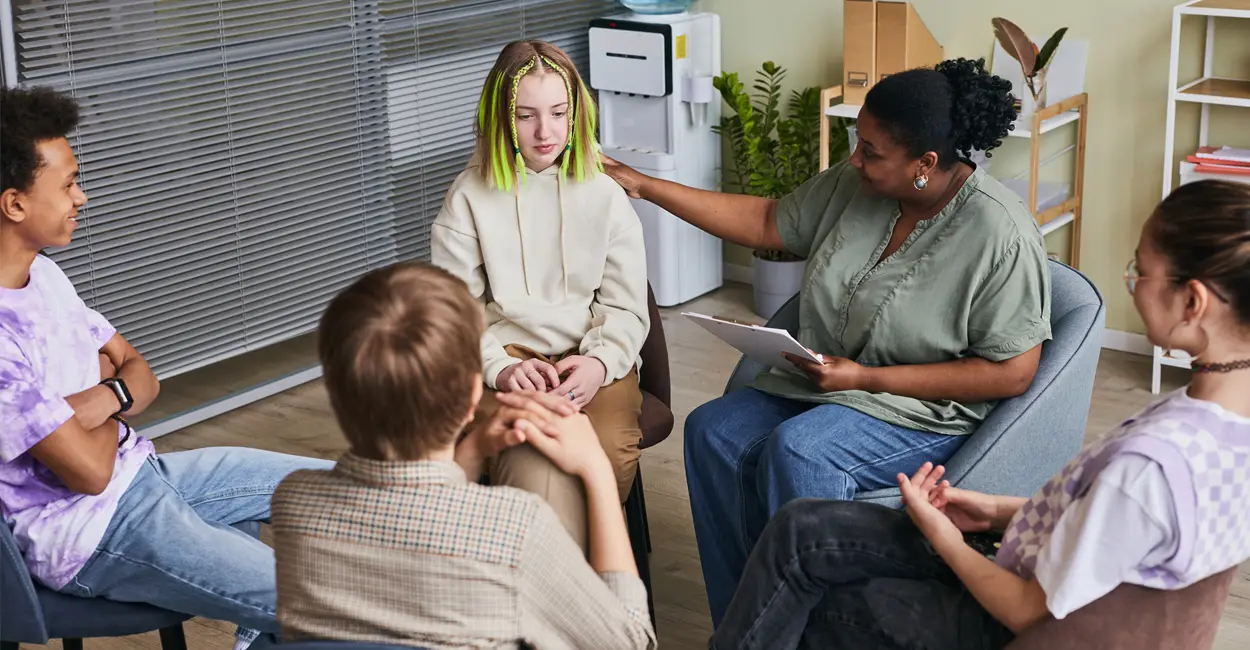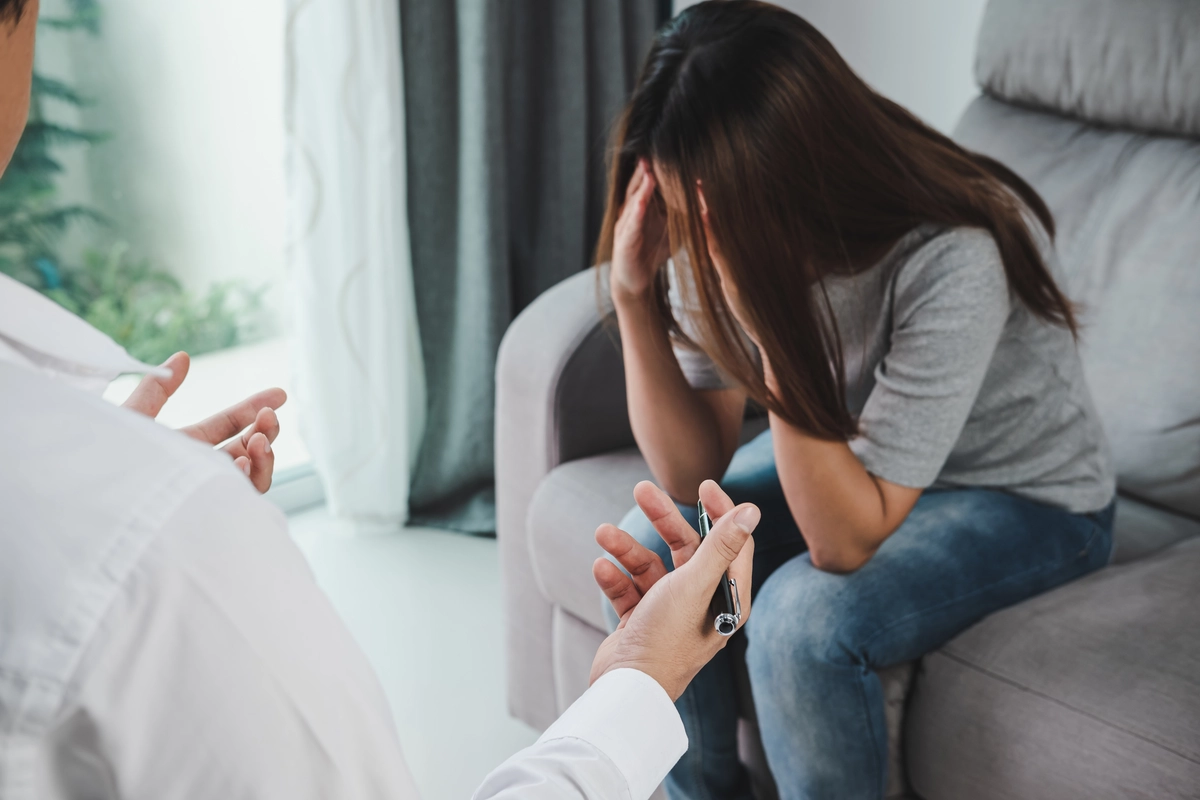24/7 Helpline:
(866) 899-221924/7 Helpline:
(866) 899-2219
Learn more about Aftercare Support centers in Union County

Other Insurance Options

Anthem

Private insurance

Coventry Health Care

Amerigroup

PHCS Network

CareSource

Meritain

Self-pay options

American Behavioral

CareFirst

Health Partners

Magellan Health

Humana

Regence

MHNNet Behavioral Health

WellCare Health Plans

ComPsych

MVP Healthcare

Optum

Optima

Oxford Treatment Center
Oxford Treatment Center, in Etta, Mississippi, is a luxury, 12 step focused drug and alcohol rehab f...










































